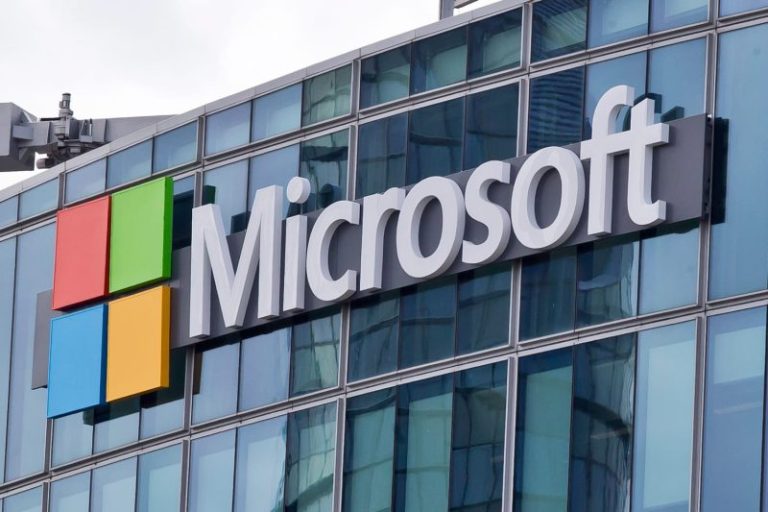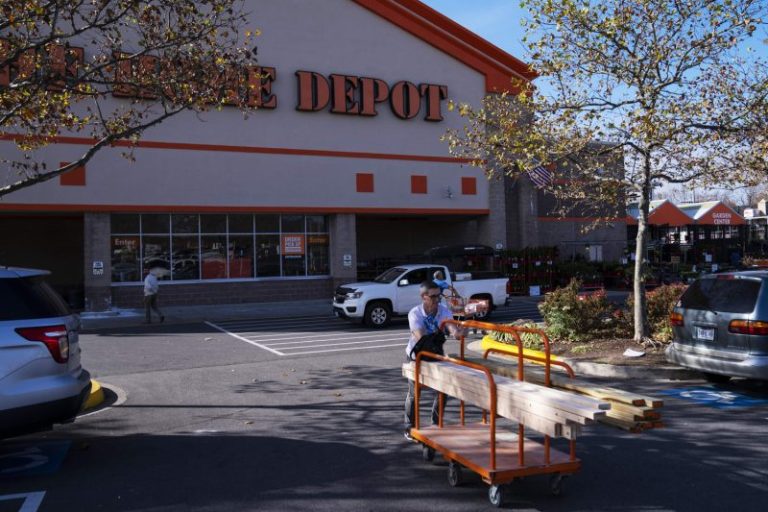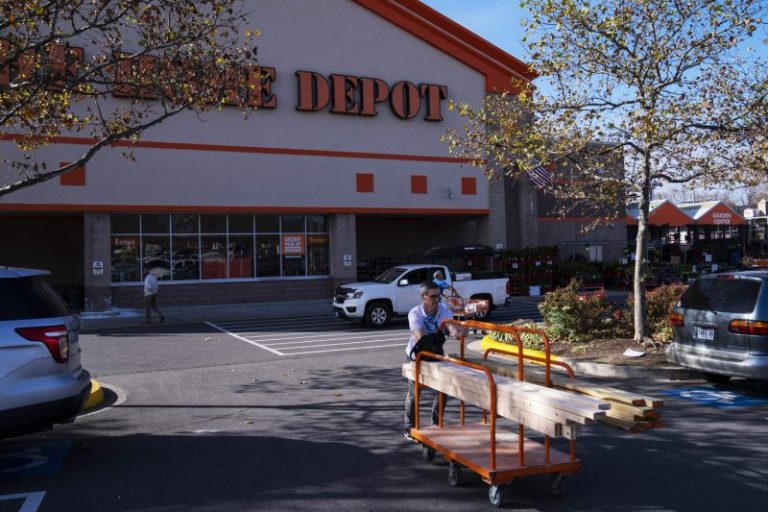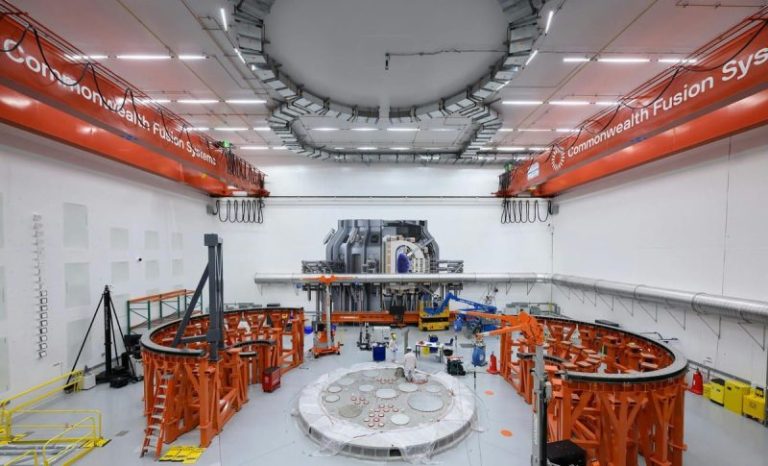Google on Monday announced a partnership with Commonwealth Fusion Systems, or CFS, a private company spun off from the Massachusetts Institute of Technology, which marks the tech giant′s first commercial commitment to fusion.
The company unveiled plans to buy 200 megawatts of clean fusion power from what CFS describes as the world’s first grid-scale fusion power plant, known as ARC, based in Chesterfield County, Virginia.
ARC is expected to come online and generate 400 megawatts of clean, zero-carbon power in the early 2030s, which is enough energy to power large industrial sites or roughly 150,000 homes, according to CFS. The agreement also gives Google the option to purchase power from additional ARC plants.
Google, which has invested in CFS since 2021, said it also increased its stake in the Devens, Massachusetts-based company.
Google and CFS did not disclose the financial terms.
“We’re excited to make this longer-term bet on a technology with transformative potential to meet the world’s energy demand, and support CFS in their effort to reach their scientific and engineering milestones needed to get there,” Michael Terrell, head of advanced energy at Google, said in a statement.
Fusion is a process that takes light atomic nuclei and heats them to over 100 million degrees Celsius. At these temperatures, the fuel becomes a plasma, which eventually causes the nuclei to fuse and release significant amounts of energy. The energy is then captured to create carbon-free electricity.
CFS is one of many firms racing to achieve commercial-scale fusion energy and Google has invested in others. Earlier this month, Google announced continued funding for TAE Technologies, a California-based fusion energy company.
This post appeared first on NBC NEWS






